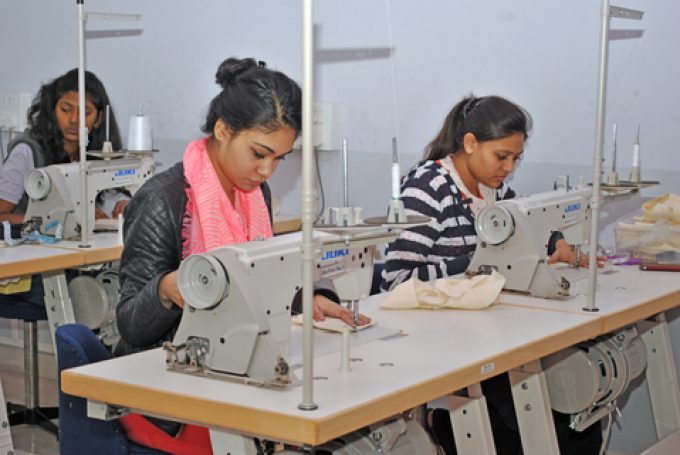HMM signs up to be part of India's new Vadhvan port development
South Korean container line HMM has become Asia’s first major shipping line to put its ...

Indian apparel and ready-made garment (RMG) exporters trying to weather the dual headwinds of depressed demand and Red Sea-linked transit disruptions, breathed a collective sigh of relief when New Delhi decided to extend a tax waiver scheme until March 2026.
The rebate programme – intended to boost the cost competitiveness of Indian goods in global markets – was scheduled to end this March.
“The continuation of the scheme for two years will provide a stable policy regime, which is essential for long-term ...
Trump tariffs see hundreds of cancelled container bookings a day from Asia
'Disastrous' DSV-Schenker merger would 'disrupt European haulage market'
'To ship or not to ship', the question for US importers amid tariff uncertainty
'Chaos after chaos' coming from de minimis changes and more tariffs
List of blanked transpac sailings grows as trade war heats up and demand cools
EC approves DSV takeover of DB Schenker
Shippers in Asia restart ocean shipment bookings – but not from China
Forto 'sharpens commercial priorities' as it lays off one-third of staff
India withdraws access for Bangladesh transhipments, in 'very harmful' decision
'Tariff hell' leaves industries in limbo – 'not a great environment to plan'
IndiGo fleet expansion plan will include a major push to boost cargo volumes
Pre-tariff rush of goods from US to China sees air rates soar, but not for long

Comment on this article